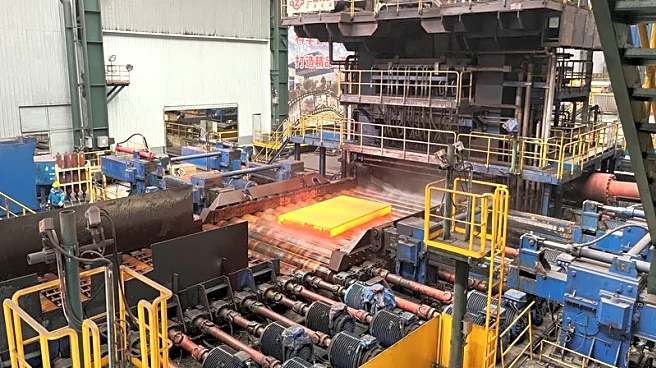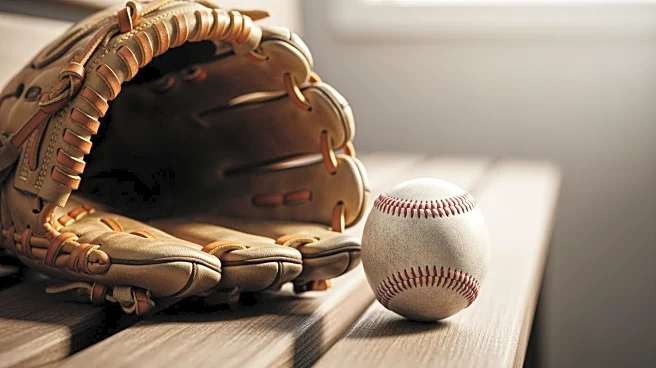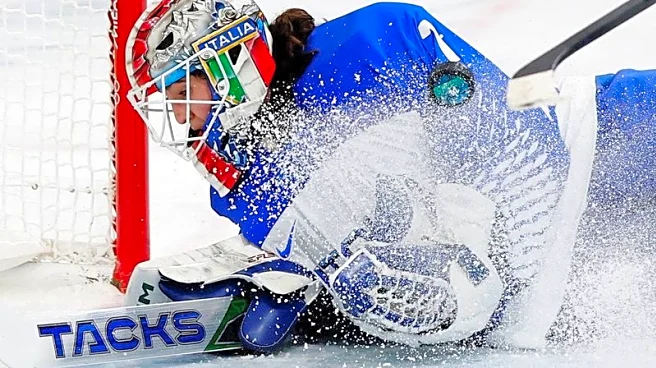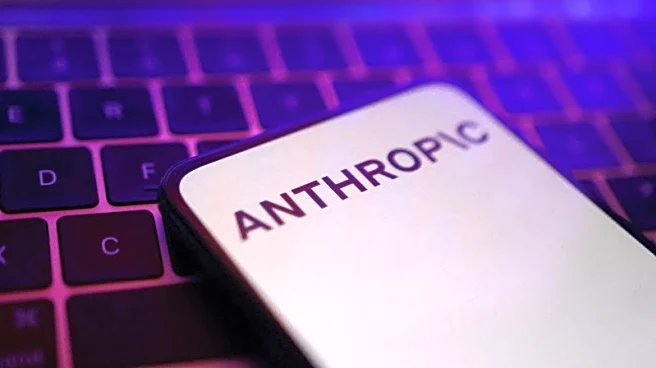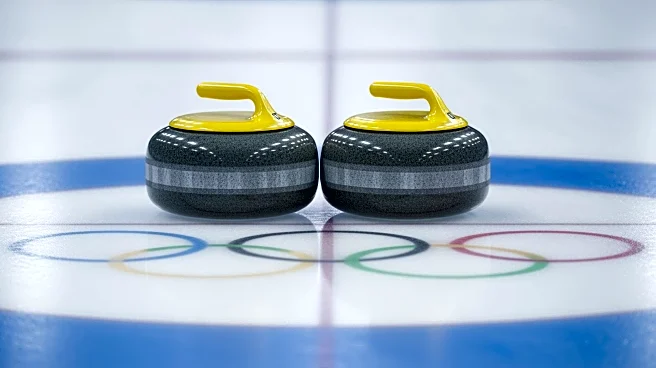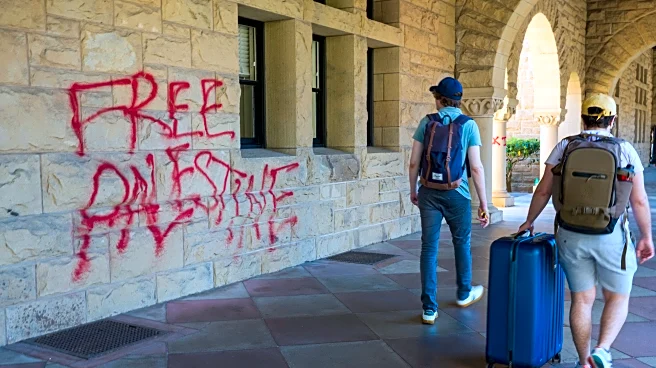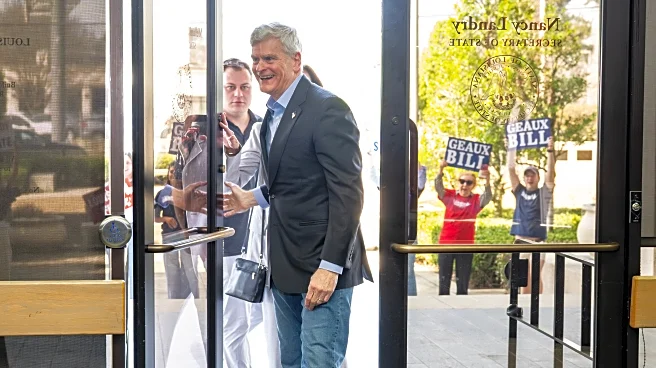FRANKFURT (Reuters) -The European Commission plans to impose tariffs of 25% to 50% on Chinese steel and related products in the next few weeks, German business daily Handelsblatt reported, citing senior officials in Brussels.
The European Commission had no immediate comment on the Handelsblatt report, which was published late on Thursday. China's ministry of commerce did not immediately respond to a request for comment about the potential tariffs.
The Commission's President Ursula von der Leyen said
earlier this month it would propose a new method to curb steel imports, as global overcapacity was straining margins and making it harder for Europe's steel industry to invest in decarbonisation.
She added the Commission would propose a new, long-term trade instrument to replace expiring steel safeguards. Under global trade rules, the bloc cannot prolong the existing safeguards beyond mid-2026.
China's steel exports, meanwhile, are expected to rise between 4% and 9% to hit a record high of around 115 million to 120 million metric tons, according to forecasts from analysts.
China shipped around 4%, or 368,000 tons, of its 2024 steel exports to the EU, according to figures from the China Iron and Steel Association.
Analysts said the impact on China's steel industry of EU tariffs at the levels reported by Handelsblatt would likely be minimal given the relatively small volumes.
More than half of the world's steel is produced by China, which is in need of new markets after a prolonged property sector slump has dampened domestic market consumption.
Roughly 54 tariffs and other trade barriers have been initiated against Chinese steel from 2024, according to China Trade Remedies Information, with analysts saying more exports will encourage further curbs.
European steel producers also face U.S. import tariffs of 50%.
The EU had, in late July, begun monitoring imports and exports of scrap metal including steel, aluminium and copper after stark industry warnings of shortages and the risk of smelter shutdowns.
EU smelters have been struggling for some time to secure supplies of scrap metal, which is a major input and an integral part of the bloc's push to reduce carbon emissions.
(Reporting by Christoph Steitz in Frankfurt and Katha Kalia in Bengaluru; additional reporting by Dylan Duan, Colleen Howe and Joe Cash in Beijing; Editing by Nick Zieminski, Krishna Chandra Eluri and Joe Bavier)
